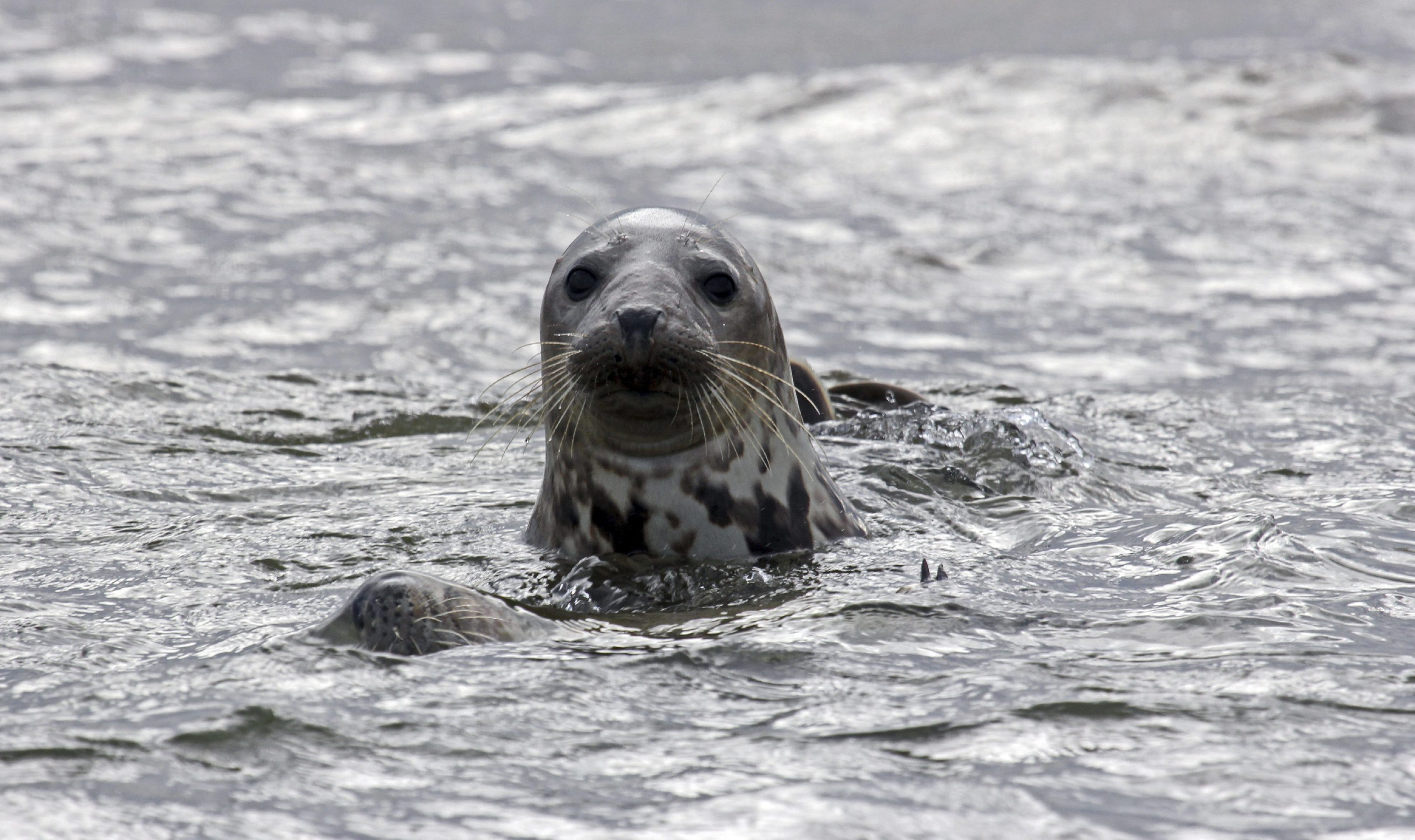“Inner city” seals may experience hearing loss from busy shipping areas, according to new research from St Andrews University.
The study, led by ecologist Esther Jones, compared seals which inhabit the UK’s busy shipping lanes to humans living in noisy cities.
In a new paper published by the Journal of Applied Ecology, the researcher found noise can affect how sea mammals such as whales, dolphins and seals find food and communicate with each other.
Dr Jones, a research fellow in the Centre for Research into Ecological and Environmental Modelling, said: “Like humans living in busy, noisy cities, some seals live in areas where there is a lot of shipping traffic and associated noise.
“The UK has some of the busiest shipping lanes in the world, and underwater noise has been increasing over the last 30 years.”
The team developed maps showing the risk of exposure to shipping traffic for grey and harbour seals around the UK.
They found that 11 out of 25 special areas of conservation associated with seals had a high risk of overlap between seals and shipping.
Dr Jones added: “This is particularly pertinent to harbour seals that are declining in some regions around the UK, as half of SACs associated with them had a high risk of exposure to shipping.”
The team then investigated the underwater noise levels generated by vessels in the Moray Firth.
There the level of predicted noise was high enough to bring about temporary hearing loss in 20 out of the 28 animals observed in the study.
Although there was no evidence that seals were exposed to ship noise levels high enough to cause permanent hearing damage, some sites were sufficiently noisy that seals living there could experience temporary loss in hearing ability.
Researchers are now deploying high resolution sound and movement tags to investigate the total noise exposure of individual seals, and their subsequent behaviour.
Dr Jones said the team now needed to begin assessing any behavioural changes of seals as a result of chronic exposure to underwater noise.










